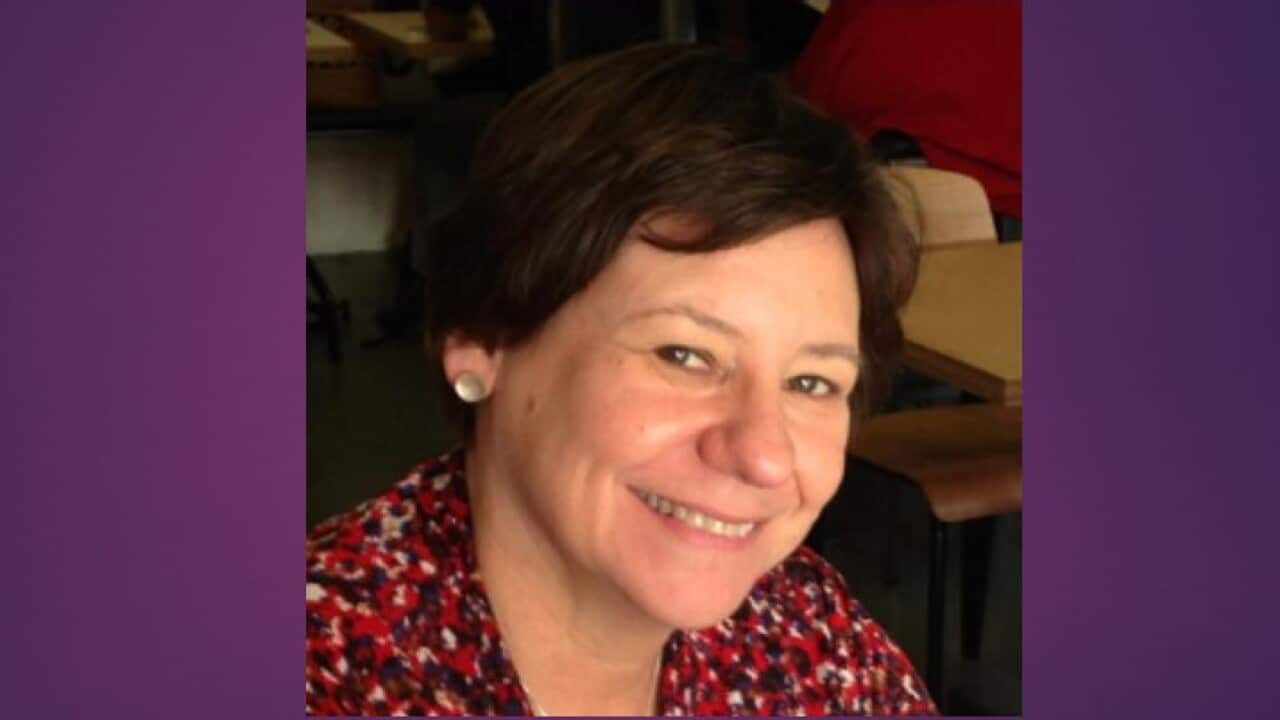The annual National Suicide Prevention Conference was recently held in Canberra to ensure that the delivery of services provides the best support to adults and children who are vulnerable, at-risk or disenfranchised.
Megan Mitchell, children’s Rights Commissioner attended the conference to address the needs of children with issues of suicidal ideation and self-harm. She says: “If we don't ask the children what they want when it comes to outreach... then we won't get it right”.
The Children’s Rights Commissioner also pointed out that the suicide rate is a leading cause of death for young Australians between 5 and 17.
The National Children's Commissioner wants to work with the suicide prevention community, and communities more generally, to turn that statistic around.
Megan Mitchell also stressed that Indigenous children are significantly worse-off compared to non-indigenous children when it comes to rates of suicide and self-harm.
Although Indigenous children comprise around 5 to 6 percent of all Australia’s young population they represent over 28% of all recorded death of children under 18 by suicide.
And what is more concerning is that Indigenous Children account for almost 80 percent of all deaths in the 4 to 11 year age range. So, suicide cases among Indigenous peoples are occurring at much younger ages.
How to end violence against people in Australian detention facilities
And now that that spotlight is on the treatment of children in juvenile and immigration detention, prisoner and human rights advocates are calling for the ratification of the UN Optional Protocol to the Convention Against Torture (OPCAT).
Australia has been party to the Convention Against Torture (CAT) for many years but Australia hasn't ratified the optional protocol (OPCAT) which is specifically designed to help countries meet their obligations under CAT. The key aim of the OPCAT is to prevent the mistreatment of people in detention.
According to Megan Mitchell, ratifying this protocol would establish a national monitoring and oversight system for places of closed detention like Don Dale and Nauru. She says 'The well being of children should be the number one priority for families, communities, policy makers and authorities and for those who in particular have the care of those young people while they are in detention facilities”.
She further emphasises that “ratifying OPCAT is not about bureaucracy. It is about refining and strengthening our process and filling policy and practice gaps... It is about applying standards and lifting the bar generally across the country”.
If you believe that you, or anyone you know, might be at risk of suicide, please call Lifeline on 13 11 14, or the Suicide Call Back Service on 1300 659 467.
